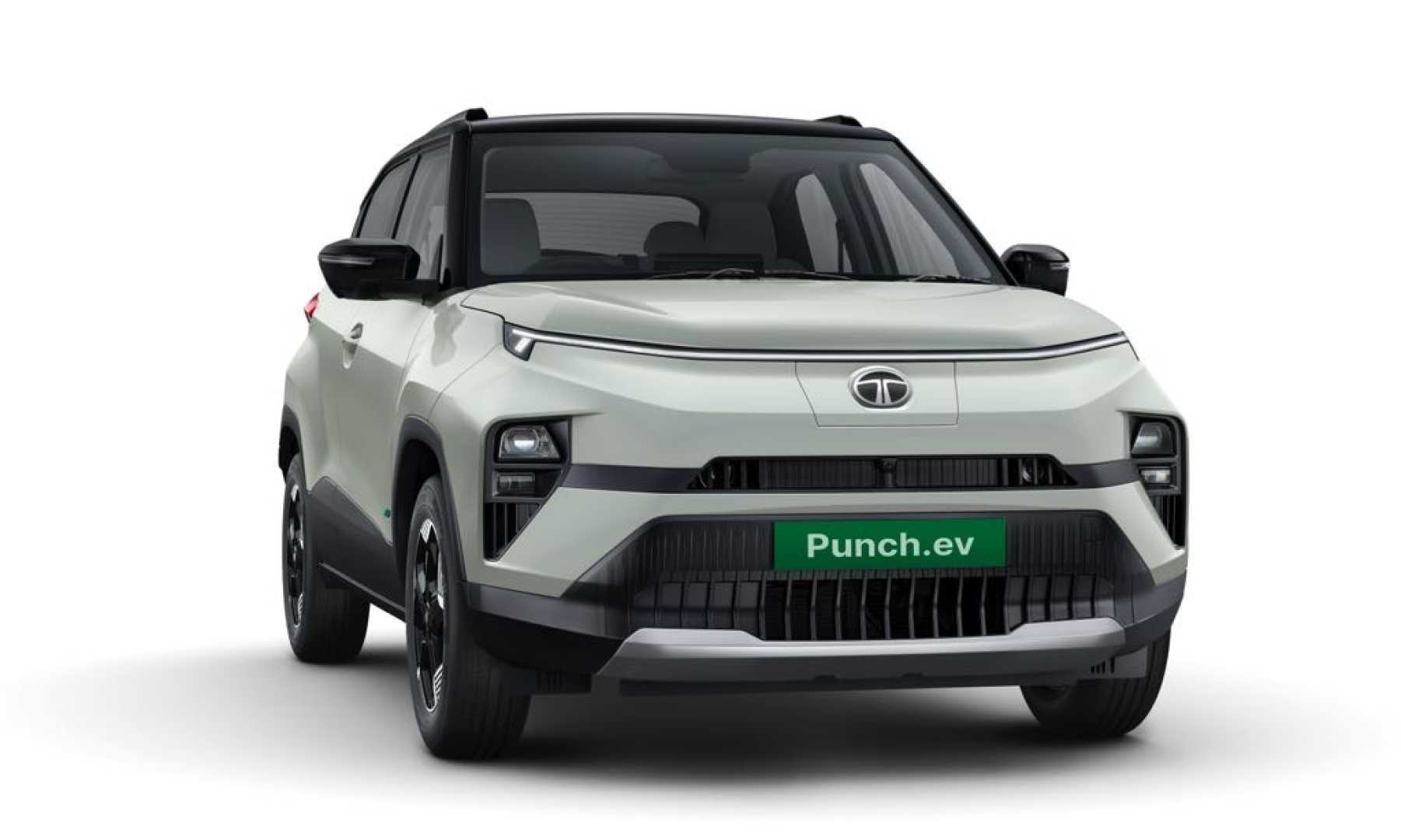Business
Tata Motors Explores Battery-as-a-Service Model to Boost EV Sales

Tata Motors, a leading player in India’s battery electric vehicle (BEV) market, is reportedly considering the implementation of a Battery-as-a-Service (BaaS) model to enhance its electric vehicle sales. Sources familiar with the matter indicate that this model could be tested across various product lines, potentially including the electric variants of the Tiago, Punch, Tigor, and Nexon.
The proposed BaaS model allows consumers to purchase electric vehicles without the battery, thereby significantly reducing the initial cost of the vehicle by an estimated 25-30 percent. Instead, consumers would pay for the battery usage on a per-kilometer basis, reducing the upfront financial burden for buyers.
“There is a strong possibility that Tata Motors will give the BaaS option because consumers are actively looking for affordable EV options,” a source stated, requesting anonymity due to the sensitivity of the information. The source added that these plans are still in preliminary stages, pending results from pilot testing.
Meanwhile, JSW MG Motor India has already launched a similar BaaS initiative in its domestic passenger vehicle sector, offering this model with its Windsor EV and later extending it to the Comet model.
Currently, Tata Motors maintains a commanding presence in the electric passenger vehicle market, holding a market share of approximately 75-80 percent. By exploring BaaS, the company aims to continue its dominance amid declining trends in EV sales. In recent fiscal quarters, Tata Motors’ electric vehicle sales have experienced notable declines.
Shailesh Chandra, Managing Director of Tata Motors Passenger Vehicles Ltd, cited decreased consumer demand, the end of state-level EV incentives, and the lapse of FAME II support as contributing factors to the dip in sales numbers.
Puneet Gupta, director at S&P Global Mobility, described the potential BaaS implementation as a “game-changing solution” that could address consumer concerns about battery lifespan and performance. He highlighted that the BaaS model could “accelerate EV adoption in India” by reducing ownership costs and ensuring battery reliability.
A spokesperson for Tata Motors acknowledged that while the BaaS model had previously been considered, it was not pursued further at that time. The company remains open to new strategies for promoting its electric vehicle technology and expanding accessibility for a broader audience.












